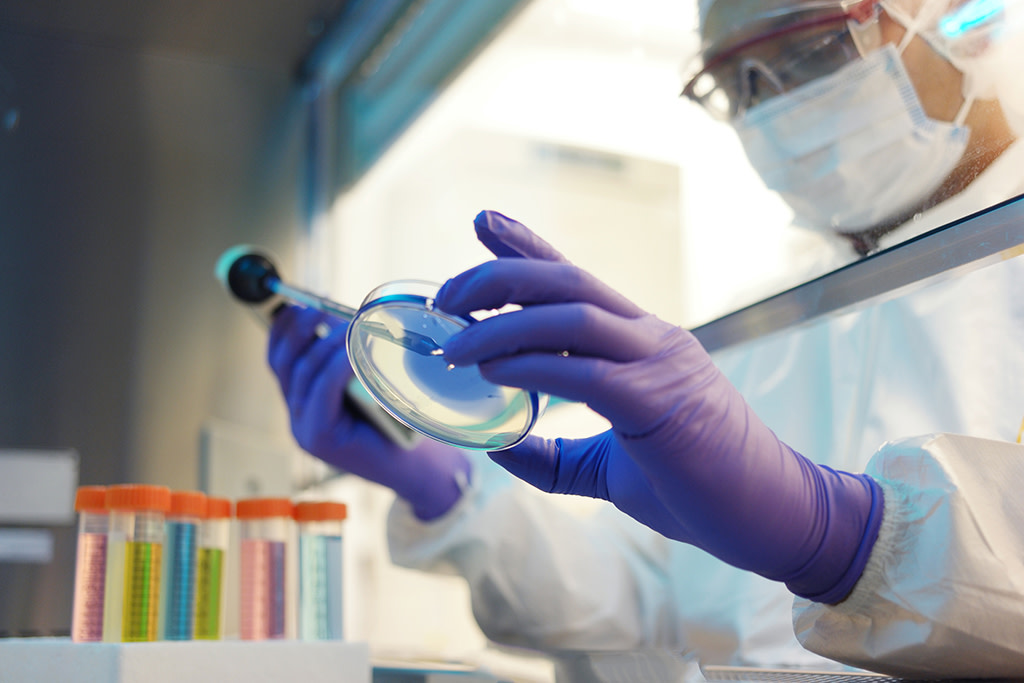
Image Source: Google
Biological medical assessment has come a long way in recent years, with advancements in technology and research leading to exciting innovations and breakthroughs. The future of this field looks promising, with new techniques and tools being developed to improve the accuracy and effectiveness of medical assessments. These innovations are revolutionizing the way we diagnose and treat diseases, paving the way for a healthier and more efficient healthcare system.
One of the key innovations in biological medical assessment is the development of personalized medicine. This approach takes into account an individual's genetic makeup, lifestyle, and environment to tailor treatments to their specific needs. By analyzing a patient's genetic information, doctors can determine the most effective therapies and medications for them, reducing the risk of adverse reactions and increasing the likelihood of successful outcomes. This personalized approach is revolutionizing the field of medicine and is expected to become more widespread in the future.
Another breakthrough in biological medical assessment is the use of biomarkers. Biomarkers are biological indicators that can be used to diagnose diseases, monitor the progression of illnesses, and predict a patient's response to treatment. By analyzing specific molecules or genetic markers in the body, doctors can gain valuable insights into a patient's health and make more informed decisions about their care. The development of biomarkers has the potential to revolutionize disease management, allowing for earlier detection and more targeted treatments.
One of the most exciting innovations in biological medical assessment is the use of artificial intelligence (AI) and machine learning. These technologies can analyze vast amounts of data quickly and accurately, allowing for more precise diagnosis and treatment planning. AI algorithms can identify patterns and correlations in medical data that may not be apparent to human healthcare providers, leading to more accurate predictions and personalized recommendations. By harnessing the power of AI, doctors can make faster and more informed decisions, ultimately improving patient outcomes.
Another area of innovation in biological medical assessment is the development of point-of-care testing devices. These portable, easy-to-use devices allow for rapid and accurate diagnosis of various medical conditions, making them ideal for use in remote or underserved areas. Point-of-care testing devices can provide immediate results, enabling doctors to make timely decisions about patient care without the need for laboratory testing. These devices are revolutionizing medical assessments by bringing diagnostic capabilities closer to the patient, improving access to care, and reducing delays in treatment.
As technology continues to advance, the future of biological medical assessment looks bright. Innovations such as personalized medicine, biomarkers, imaging technology, artificial intelligence, and point-of-care testing devices are revolutionizing the way we diagnose and treat diseases. These breakthroughs are improving the accuracy, efficiency, and accessibility of medical assessments, leading to better patient outcomes and a more effective healthcare system. With continued research and development, the future of biological medical assessment holds great promise for transforming the practice of medicine and improving the lives of patients around the world.